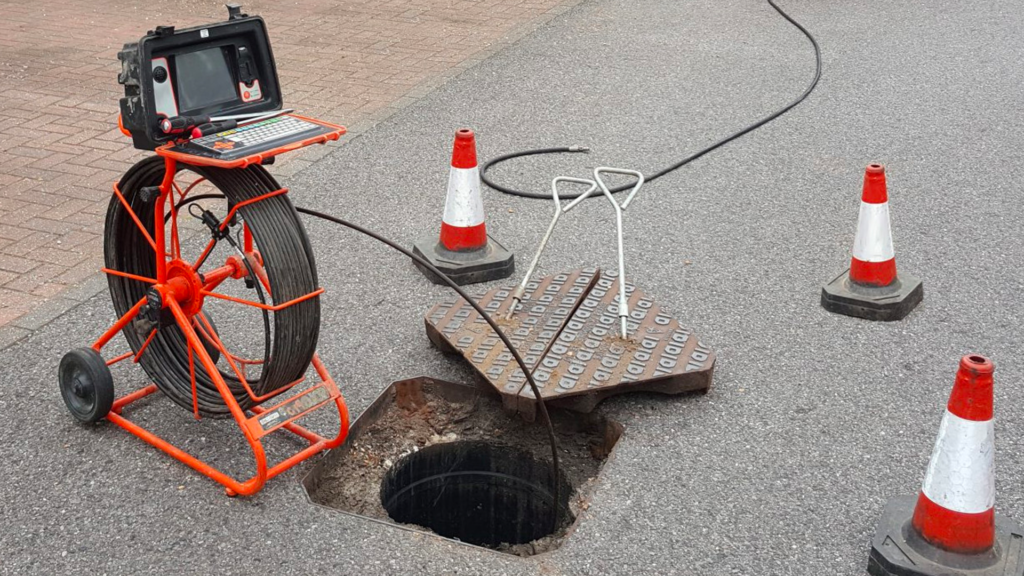Reclaim Waste Can Be Fun For Everyone
Table of ContentsThe smart Trick of Reclaim Waste That Nobody is DiscussingSome Known Facts About Reclaim Waste.Reclaim Waste Fundamentals ExplainedReclaim Waste for DummiesReclaim Waste Fundamentals Explained
Check out the types, events, and types of liquid waste. Residential sewage waste describes the waste and products from a domestic septic system. This kind of waste is created by human beings in homes, schools, and various other buildings. This only consists of septic systems that have a drain field. The correct administration and disposal of domestic sewer waste require liquid waste to be moved to a sewer treatment plant where the correct methods and tools are applied to cleanse and dispose of waste.
Business waste typically consists of potential risks, such as combustible products or a mixture of liquid and strong waste items, and calls for an advanced and in-depth disposal process. The disposal of business waste usually entails the filtering of waste before transportation to ensure secure and proper disposal. Hazardous waste is produced from byproducts and drainage of industrial processes and production.
This type of waste can not use the very same sewage administration transport or procedures as septic or commercial liquids. The commercial waste management process requires the evaluation and testing of liquid waste before it undergoes the disposal process (liquid waste disposal melbourne). Runoff waste is the liquid waste that originates from drainage and excess stormwater in very booming locations or cities
Runoff waste can create contamination and flooding if not managed appropriately. Ensuring appropriate waste administration can prevent disasters and lower environmental harm.
Reclaim Waste Fundamentals Explained
Call PROS Services today to learn more about our waste administration and disposal solutions and the appropriate ways to look after the liquid waste you create.
(https://leonaube33101.wixsite.com/reclaim-waste/post/effective-liquid-waste-removal-and-disposal-everything-you-need-to-know)This supposed 'wastewater' is not only a crucial resource however, after therapy, will certainly be released to our land, waterways or the ocean. Used water from commodes, showers, baths, cooking area sinks, laundries and commercial processes is known as wastewater.

water utilized to cool down machinery or tidy plant and equipment). Stormwater, a type of wastewater, is drainage that flows from farming and urban locations such as roofing systems, parks, yards, roads, paths and seamless gutters right into stormwater drains pipes, after rain. Stormwater flows untreated straight to neighborhood creeks or rivers, at some point getting to the sea.
Reclaim Waste Can Be Fun For Anyone
In Queensland, many wastewater is dealt with at sewage treatment plants. Wastewater is moved from domestic or industrial websites via a system of sewage systems and pump terminals, understood as sewerage reticulation, to a sewer treatment plant. City governments build, preserve and operate most sewer treatment plants. Operators are licensed under the Environmental Protection Act 1994 to discharge treated wastewater at an acceptable ecological requirement into waterways.
The Department of Natural Resources advises city governments concerning handling, operating and keeping sewerage systems and therapy plants. In unsewered locations, neighborhood governments might require homeowners to mount private or household sewage treatment systems to deal with residential wastewater from bathrooms, kitchen areas, washrooms and washings. The Department of Natural Resources authorises using home systems when they are proven to be efficient.
A lot of stormwater receives no treatment. In some brand-new class, treatment of some stormwater to get rid of clutter, sand and crushed rock has actually started utilizing gross contaminant traps. Wastewater therapy occurs in four navigate here stages: Eliminates solid issue. Larger solids, such as plastics and various other objects mistakenly discharged to sewage systems, are eliminated when wastewater is travelled through screens.
Makes use of small living organisms knows as micro-organisms to damage down and eliminate staying dissolved wastes and fine fragments. Micro-organisms and wastes are integrated in the sludge.
The Single Strategy To Use For Reclaim Waste
Nutrient elimination is not offered at all sewer therapy plants because it requires expensive specialised tools. Clear fluid effluent created after treatment may still have disease-causing micro-organisms - liquid waste disposal melbourne.

This normally implies wastewater has to be dealt with or pollutants removed prior to it can be discharged to waterways. The majority of wastewater moves into the sewage system. Under the Act, city governments carry out authorizations and licences for eco appropriate tasks (Ages) involving wastewater launches that might have a neighborhood effect. The department provides approvals and permits to ERAs entailing wastewater releases that could have a regional or statewide influence.
About Reclaim Waste
Otherwise, samples are considered research laboratory analysis. Frequently lots of examinations are required to establish the levels of each of the different contaminants such as oils, hefty steels and chemicals in water. Monitoring provides accurate info regarding water top quality and can validate that licence problems are being fulfilled. The info gotten through surveillance supplies the basis for making water high quality choices.